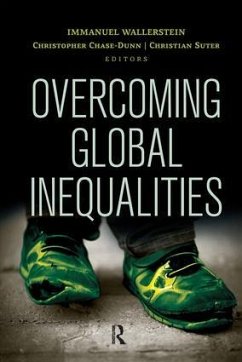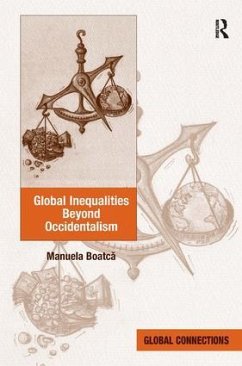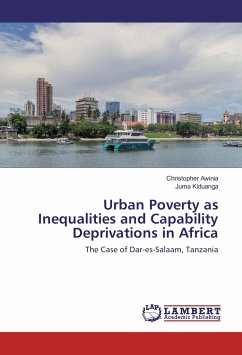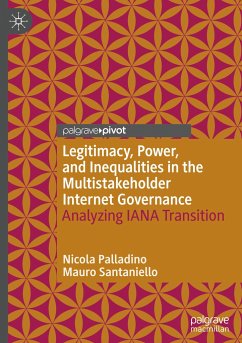Sylvia Walby is a Distinguished Professor of Sociology and holds the UNESCO Chair in Gender Research, at Lancaster University. She is a ¿public sociologist¿, engaged in research designed to have impact on the world, concerning gender inequality, violence and the economic crisis. The UNESCO Chair in Gender Research Group, led by Walby, who has held the Chair since 2008, focuses on internationally relevant research on gender relations, and on building global networks for research and policy exchange on gender issues. With colleagues, Walby has since 2008 obtained funding from: UK Economic and Social Research Council, Home Office, Equality and Human Rights Commission, Northern Rock Foundation, Trust for London, NSPCC; European Commission, European Parliament, European Institute for Gender Equality, EU Presidency, European Value Added Unit, the Council of Europe; UN Women, UNESCO; the New Zealand Ministry of Social Development, and the Canadian Ministry of Justice. Walby was a member of the HEFCE REF2014 sub-panel for Sociology, a Director of the UK National Commission for UNESCO (2011-3), President of the International Sociological Association Research Committee 02 Economy and Society (2006-10), founding President of the European Sociological Association (1995-7), and Chair of the Women¿s Studies Network, UK (1989-90). She has been awarded an OBE for services to equal opportunities and diversity (2008), and made a Fellow of the Academy of Social Sciences (2008) and of the Royal Society of Arts (1996). Teaching is currently focused on 'violence and society¿ (undergraduate) and 'gender and violence¿ (MA).
















